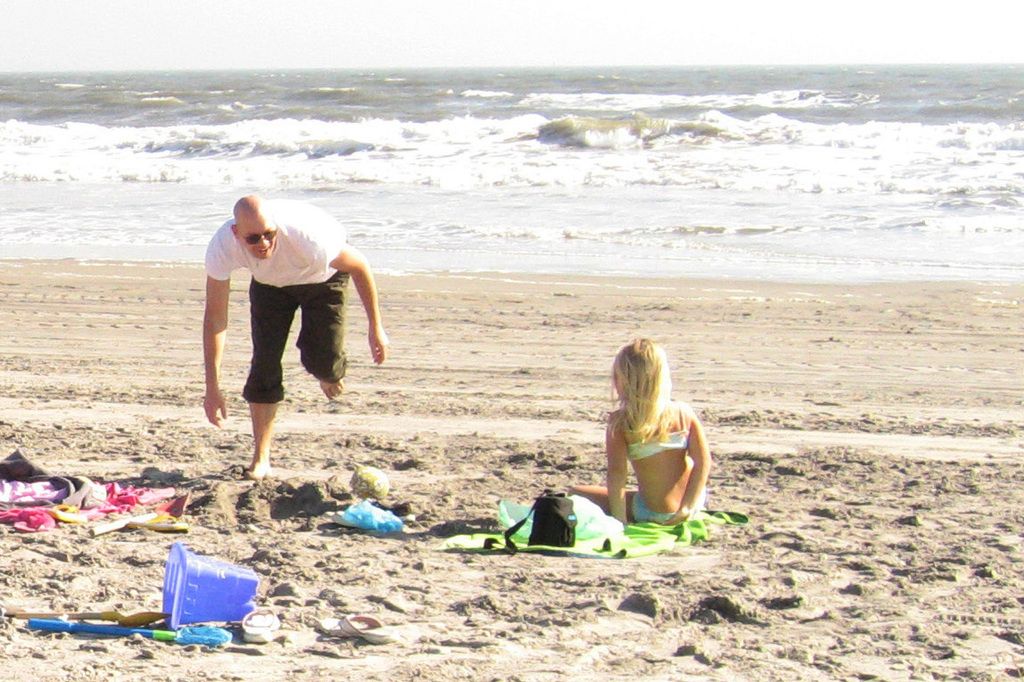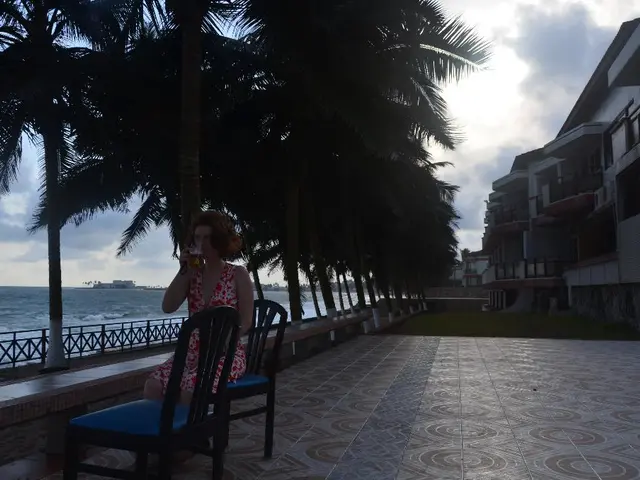British Foreign Office Works to Save Endangered Cultural Artifacts in Shipping Containers
Germany Drafts Crisis-Proof Plan for Global Cultural Treasures
Germany is gearing up to roll out a swift response plan to safeguard cultural artifacts under imminent danger, collaborating with multiple archaeological bodies and the German Federal Agency for Technical Relief (THW). The idea here is simple: suture together an elite team of experts who can instantly leap into action, securing, preserving, and – where possible – resuscitating valuable objects and structures in the crux of crisis.
Key components of this novel protection strategy will be transportable conservation workshops and provisioned storage containers, swiftly transportable to devastated zones to expedite documentation, cleaning, and packaging of moveable cultural artifacts.
Estimated to cost approximately two million euros, this pilot scheme is pitted to commence cooperation with Sudan's National Museum in Khartoum in the foreseeable future. In August, a THW team embarked on a mission to Beirut, the flattened Lebanese capital, armed with a specialist from the German Archaeological Institute—an early preview of this impending initiative.
Image: Container, via dts Nachrichtenagentur
ShareShareShareEmail
Germany's efforts to secure cultural expectations transcend the current project, reaching far into the realms of climate vigilance. As per the German government's 2024 Climate Change Adaptation Strategy, a national framework including key indicators and measures is being erected to empower UNESCO World Heritage sites in Germany to conceive and execute climate change defensive and adaptive strategies by 2030. This endeavor encompasses periodic inspections of federal properties, climate risk analyses, and recurring assessments to refine adaptation strategies[5]. However, while this strategy is primarily home-grown, its philosophies and techniques are ripe for global adoption.
Yet, the specified "German emergency plan"—as gleaned from the available sources—appears explicitly tailored for internal institutions rather than exotic foreign entities like Khartoum's National Museum. There's no explicit articulation in the referenced sources regarding a dedicated "German emergency plan" specifically assigned for Sudan’s National Museum, along with no verified timeline for its deployment there.
Germany's approach—as mirrored in its national policy—revolves around proactive threat assessment, adaptive planning, and integrating cultural heritage protection into extensive civil safeguard systems[5]. International cooperation on heritage protection often revolves around information sharing and supporting international partners in the heat of conflict, but a distinct German-manageable emergency plan for Sudan's National Museum isn't laid out in the perusable data.
That said, the EU and international structures recognize the need to fold cultural heritage protection into disaster preparedness and response, including in destinations like Sudan[2][4]. Should Germany have a distinct plan in the offing for Sudan, it would likely align with broader international efforts to innovate techniques for preserving our global heritage under duress. At present, no publicly accessible information hints to a forthcoming test of the German emergency plan at Sudan's National Museum in Khartoum.
In the future, Germany's approach to safeguarding cultural artifacts could expand to encompass environmental science, especially in light of their 2024 Climate Change Adaptation Strategy. The strategy aims to enable UNESCO World Heritage sites in Germany to develop defensive and adaptive strategies against climate change by 2030.
Moreover, the principles of proactive threat assessment, adaptive planning, and integrating cultural heritage protection into broader civil safeguard systems, as seen in Germany's policies, could potentially be applied to other areas like finance, technology, and general news.
Lastly, while there's no explicit evidence of a dedicated "German emergency plan" for Sudan’s National Museum, international cooperation on heritage protection encourages the sharing of information and supporting foreign partners in crisis situations. This could potentially open routes for Germany to collaborate with Sudan's National Museum in environmental science and other relevant fields.







